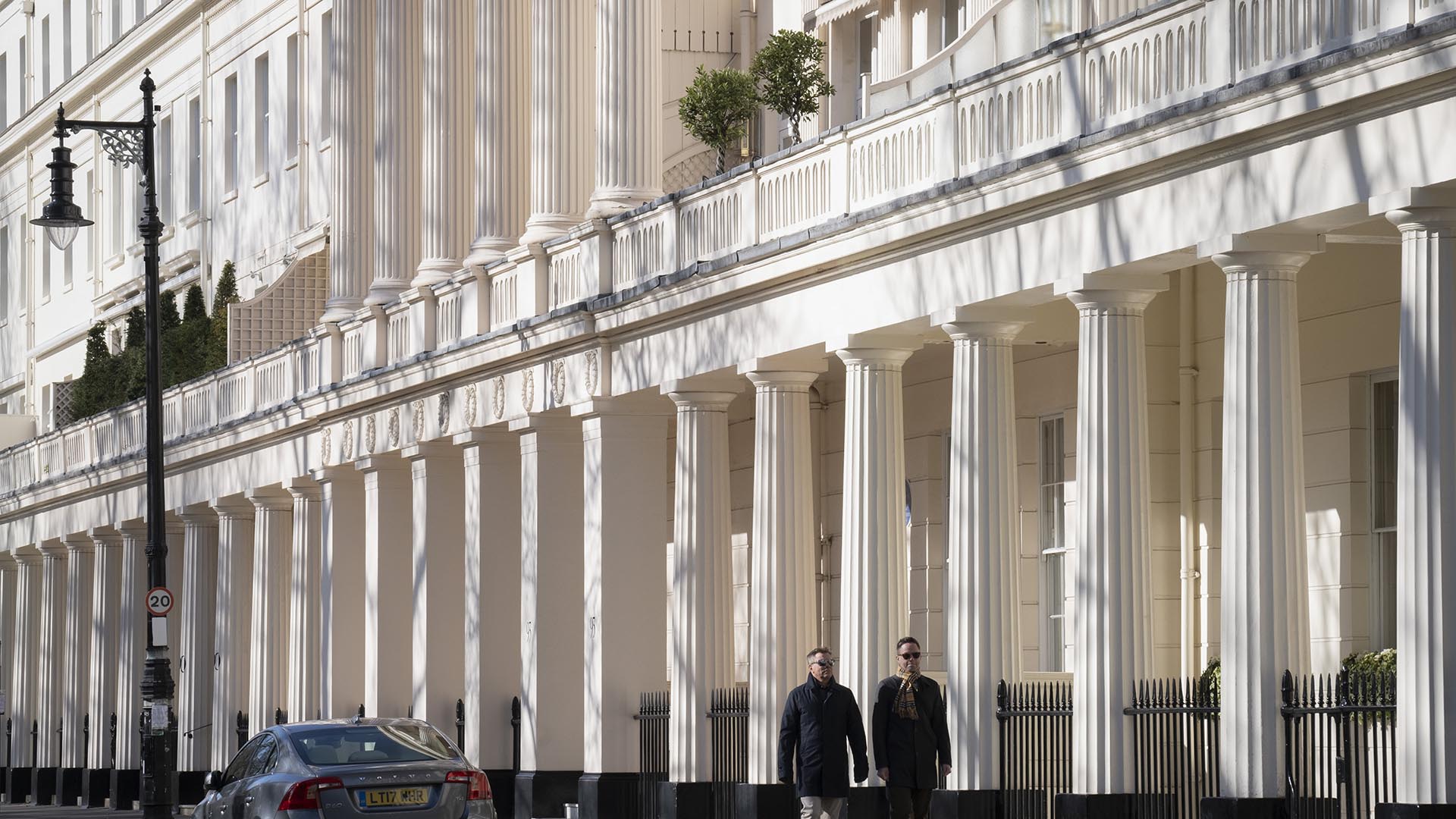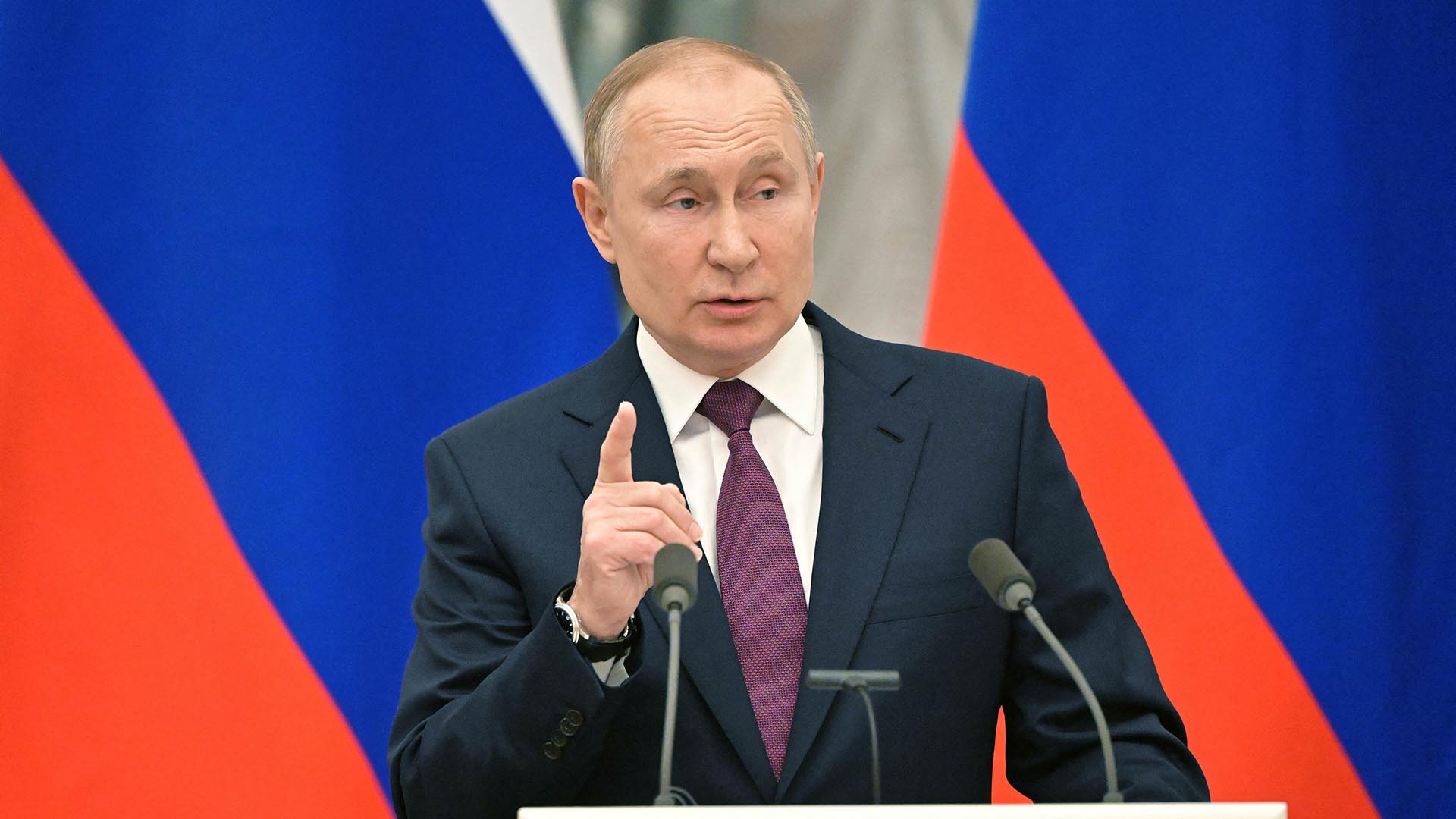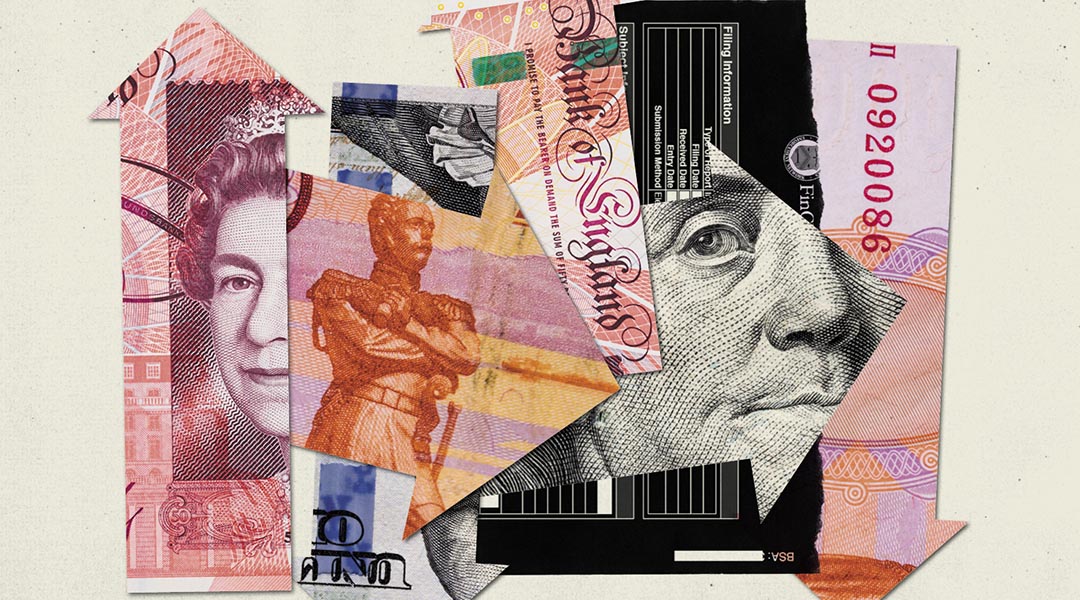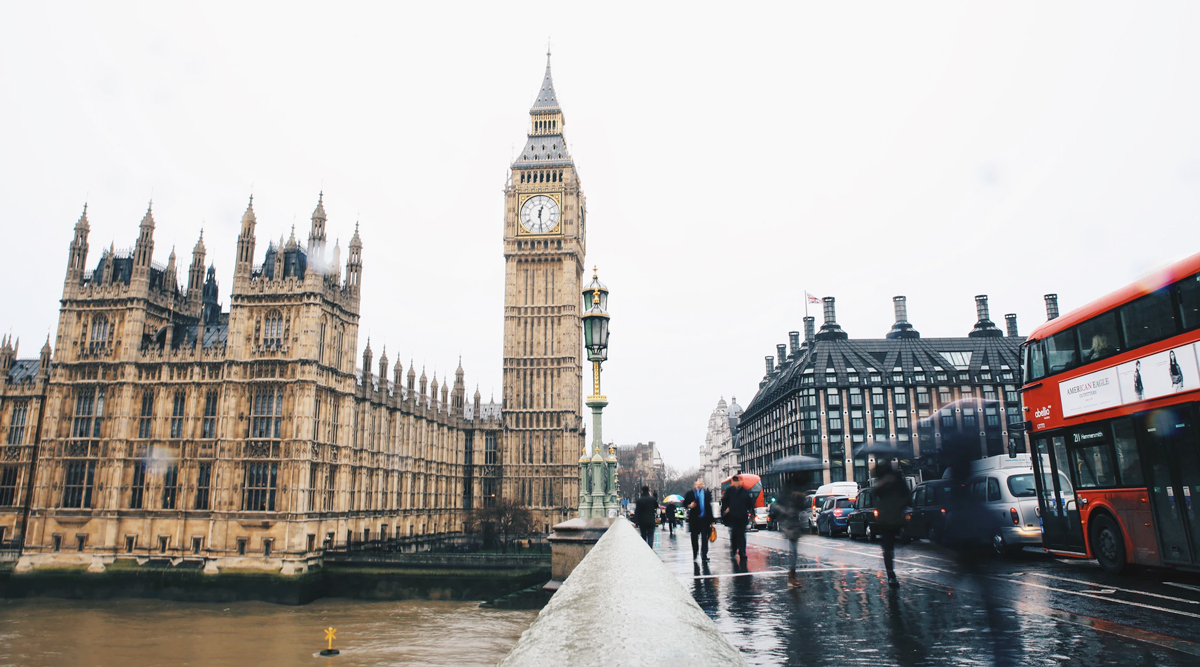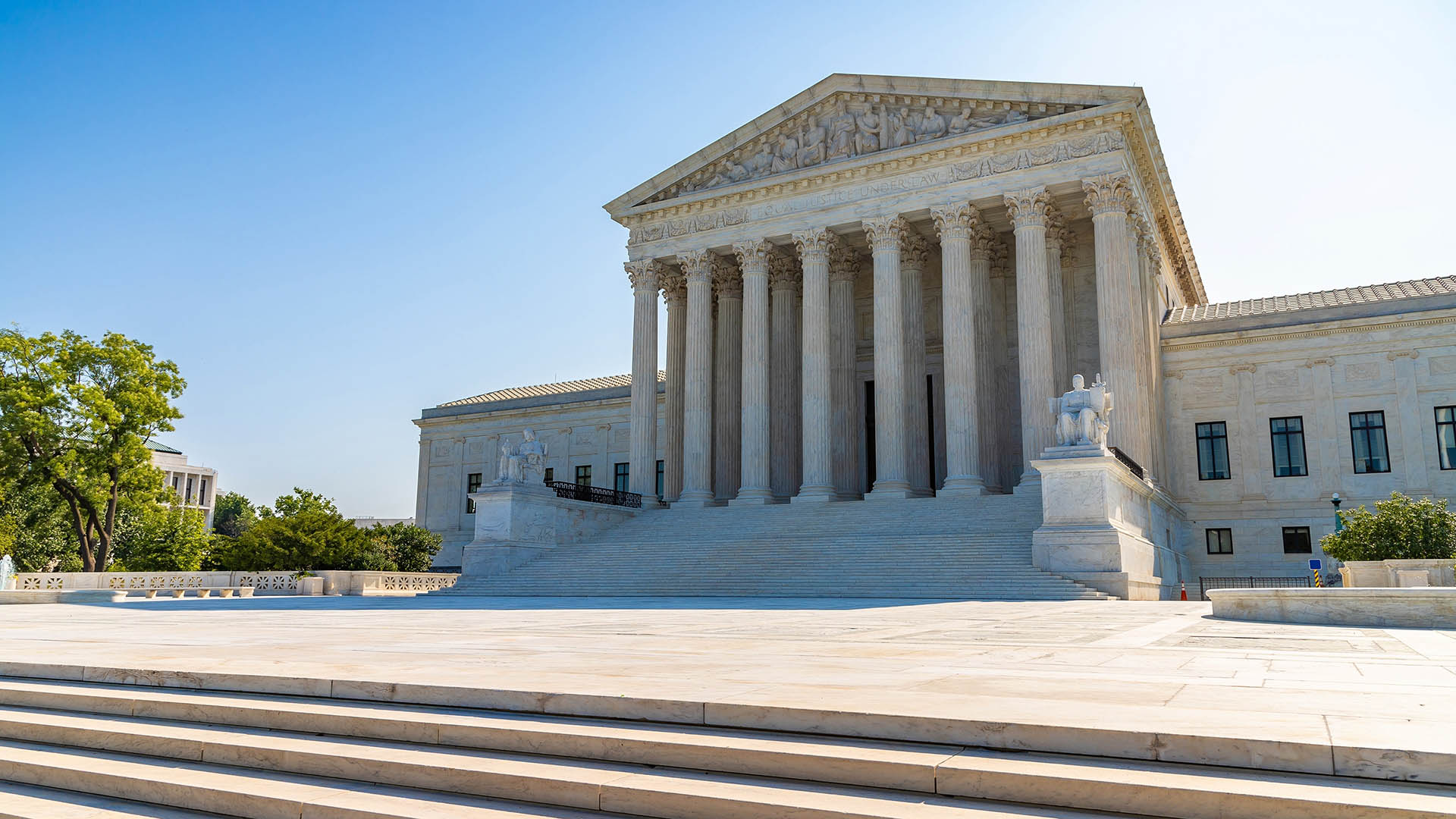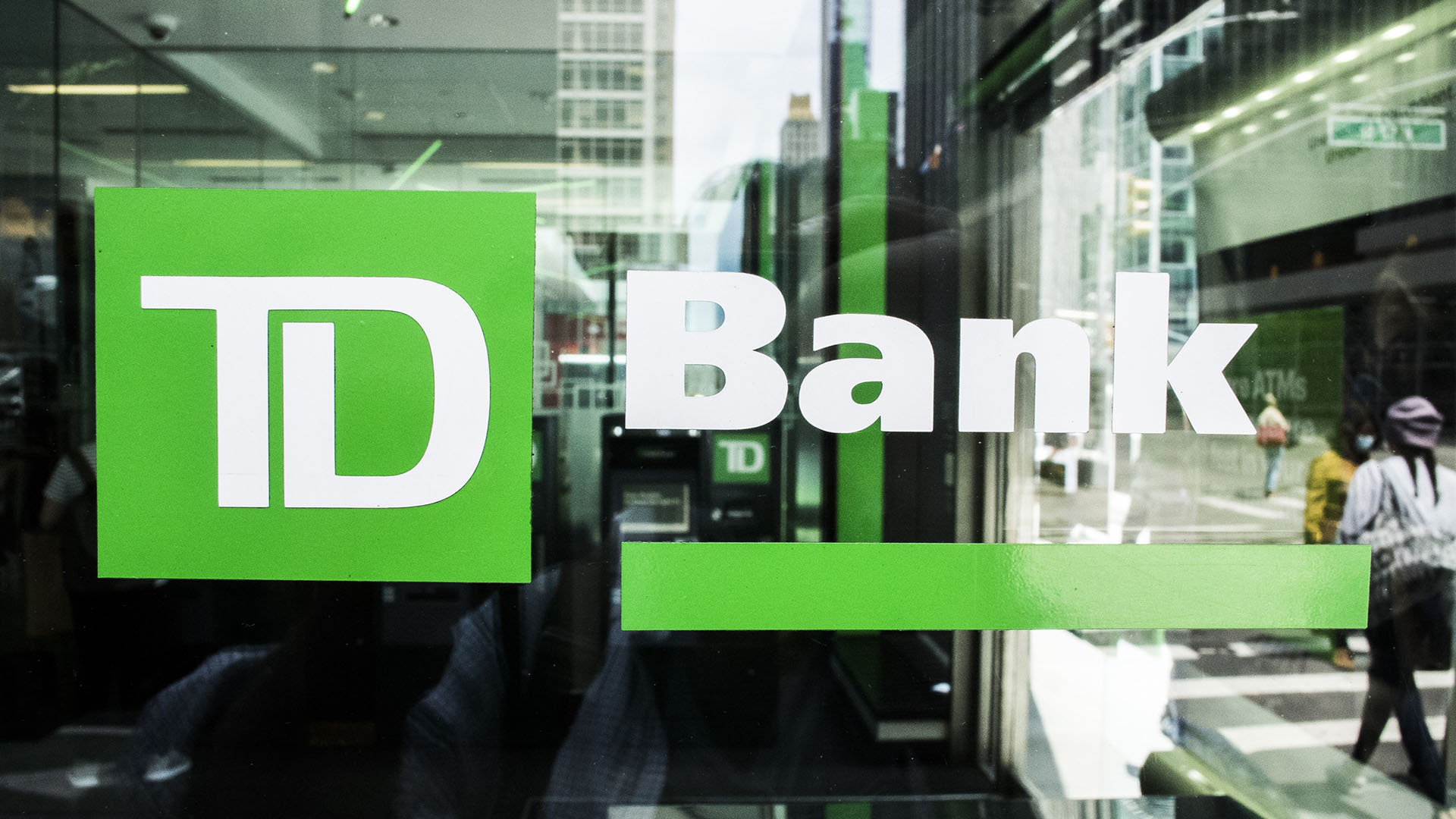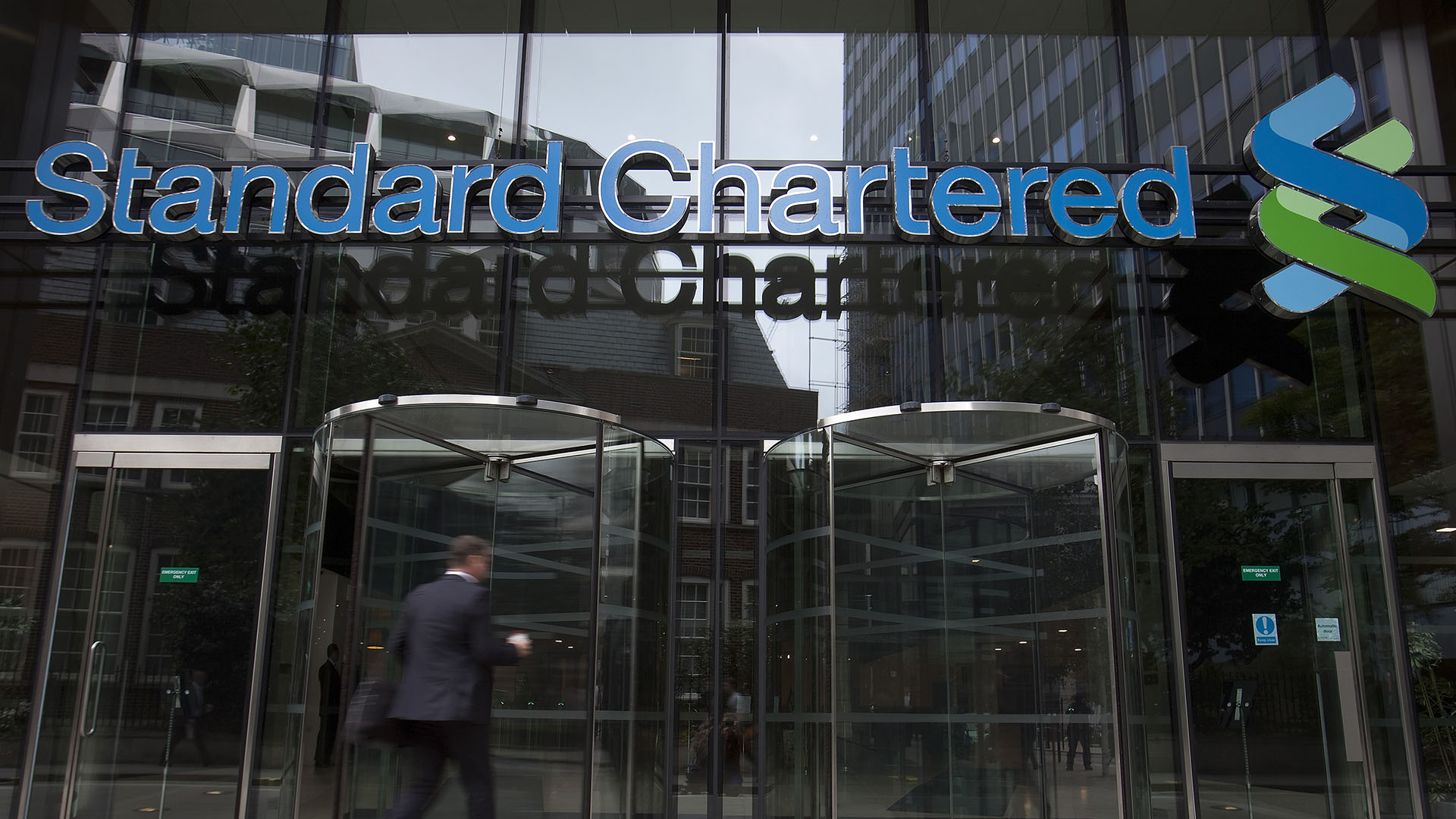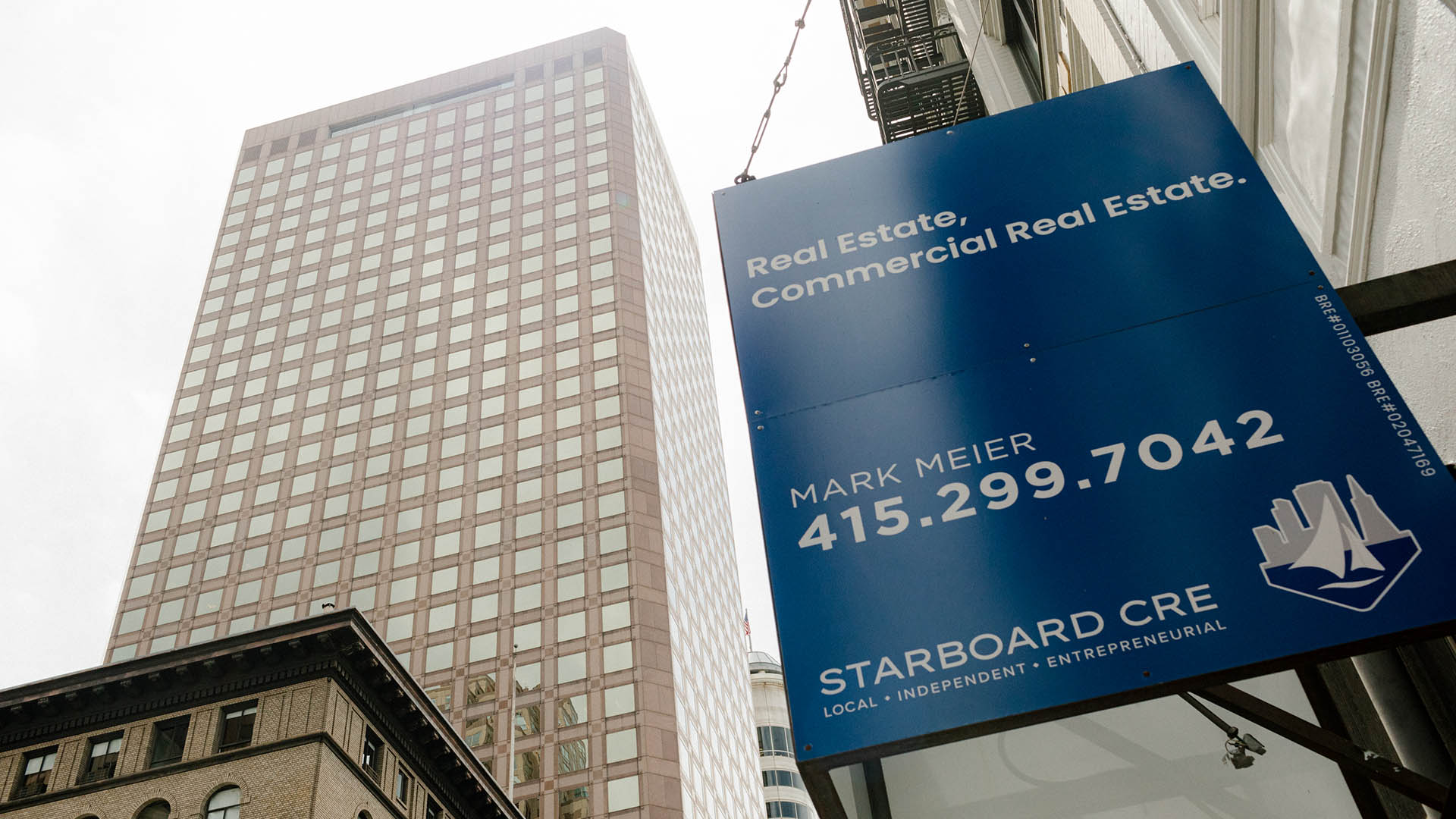In another economic response to Russia’s invasion of Ukraine, the U.K. government announced a new economic crime bill to combat money laundering by foreign oligarchs.
The bill would establish a new register of foreign owners of U.K. property, cracking down on the practice of oligarchs buying and holding British real estate through shadowy shell companies registered in other secrecy jurisdictions. Offshore property owners will be forced to reveal and verify their identities or face harsh penalties, including up to five years in prison.
In addition, the bill would also remove barriers to “unexplained wealth orders” (UWOs), an investigative tool used by the National Crime Agency to determine how suspiciously wealthy politically exposed persons obtained their fortunes.
More time would be allotted to the investigators to review material and would reform cost rules, to protect law enforcement agencies from incurring substantial legal costs, if the orders are challenged.
“The new register will shine a light on who owns what in the U.K. so we can flush out the oligarchs, criminals and kleptocrats who think they can use U.K. property to hide their illicitly obtained wealth,” U.K. Business Secretary Kwasi Kwarteng said in a statement announcing the reforms
Critics have said the draft bill lacks teeth and still has significant loopholes. Steve Goodrich from Transparency International UK told the Guardian the proposed 500-pound-per-day (about $660) penalty was “small change for those with deep pockets.”
“We’re calling for graduated sanctions, increasing fines over a certain period, with the prospect of confiscation where non-compliance is stubborn,” he said.
The British government estimates that serious crimes like money laundering and corruption cost the U.K. economy £37 billion per year.
London has long been a destination for dark money, attracted by lax U.K. laws that don’t require identity verification of actual owners for entities registered at Companies House. As a result, oligarchs and others have used anonymous shell companies to launder large amounts of dirty money, allowing economic crime and corruption to flourish.
In addition, new plans to overhaul Companies House, the U.K. corporate registry, to shut down the cottage industry of anonymous U.K. shell companies and help stem the flow of dirty money streaming through and into the British economy was outlined in a white paper published by the Department of Business, Energy and Industrial Strategy which cited reporting by the International Consortium of Investigative Journalists as a case study.
The proposed new tools will empower Companies House to verify the identities of individuals setting up the companies as well as the company officers, to challenge suspicious information, and to inform the National Crime Agency and other security agencies as needed.
In October 2020, ICIJ identified $4.5 billion flagged as suspicious by some of the world’s biggest banks sent and received by British shell companies. The exposé was part of the FinCEN Files, a global investigation led by ICIJ and BuzzFeed News about global banks’ role in dirty money flows.
By poring through tens of thousands of company accounts, ICIJ identified 3,267 so-called limited liability partnerships and limited partnerships — known as LLPs and LPs — as holders of bank accounts involved in reportedly suspicious transactions.
Scandals in recent years, like those surrounding Danske Bank Estonia and the complex money laundering scheme known as the Azerbaijani Laundromat, have exposed how U.K. shell companies, often used by oligarchs and organized crime groups in Russia and former Soviet republics, have long been at the heart of global money laundering schemes involving hundreds of millions of dollars.
Anti-money-laundering expert Graham Barrow criticized the lack of action in reforming Companies House, and warned that implementing the register of property ownership before reforms to Companies House could leave open more loopholes for foreign company owners.
“We don’t need another white paper. We need legislation to be laid before the House,” he said on Twitter.
